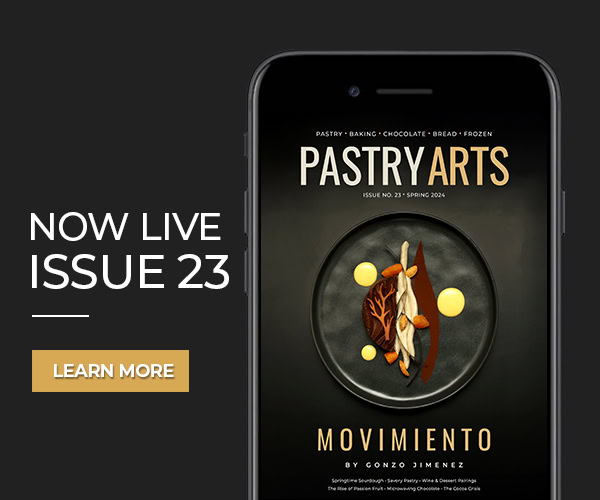By: Samantha Campas
When Don Guerra launched Barrio Bread out of his garage in 2008, it was with the intention to return to his roots. Guerra spent much of his twenties running bakeries in Flagstaff, Arizona, and Ashland, Oregon, but found himself weighed down by the unending grind of managing such large-scale bakeries. After selling his businesses and moving to Tucson, Guerra decided it was time to reorient himself around what he loved most about baking bread.
“It all came from love for the food itself,” he said, “the tortillas and the bread my mom and Nana made. I thought, I don’t want to do this the traditional way. I want to work with other grains, local grains; not just wheat, rye, or sifted flour.”
In 2016, Guerra got involved with Native Seeds SEARCH, a nonprofit seed conservation organization in Tucson. They had the opportunity to receive a grant from the USDA to grow White Sonoran Wheat, which is the first wheat varietal to ever be introduced to the Americas by Father Kino in the late 1690s, but they needed someone to use the grains to prove its value. Guerra agreed to be that someone, and everything has grown from there.
Now, Barrio Bread works directly with farmers across Arizona to grow 12 varietals of wheat and one rye. 90 percent of the grains used by Barrio Bread come from a 100 mile radius. “I wanted to create a vertically integrated model so that I know what’s happening here in my community,” he said. “My job is to develop a local grain economy.”
Guerra is deeply committed to only using ancient wheat varietals that are designed for arid climates like Arizona’s. “It’s an awareness I have,” he said, “that what I’m making now might not be what I use in the future. We’re facing massive drought, and I have to change that.”
Guerra favors lean sourdough baking, with no added sugar or oils. He uses three different fermentation methods to create a variety of leavening effects and flavors. “You can coax out really good flavor with the right fermentation,” he said. The sourdough takes 24 hours from first mix to final bake, with a stretch of time in the cooler to develop the lactobacillus. By using both mix levain and a blend, Guerra is able to stagger his fermentation and bake times to make the most of his space. The Barrio Bread kitchen has the capacity to produce 1,000 loaves in 24 hours.
Barrio Bread is now joined by Barrio Grains, which offers heritage flour blends for use at home, and soon, the Sonoran Bagel Company, which will make a “Sonoran-style” bagel using White Sonoran Wheat and no added sugar.
Guerra loves all of the wheat varietals he uses, but admits he has a soft spot for Einkorn. “It’s the mother of all wheat,” he said. “It’s very special.”
Indeed, Einkorn is special, with over 7,500 years of documented domestication. This is the third year in history that Einkorn has been grown in Arizona. It also boasts such a naturally low gluten level that it’s virtually gluten-free. Guerra blends this and other varietals to invoke the shades of the desert once a loaf is cut open; saguaros and other cacti are artfully sliced into the loaves’ surface to help emphasize the uniqueness of the place they are made.
“Grains get the least attention,” Guerra said, “and in pastry, we don’t talk about the varietals when we should. Culinary gastronomy revives and extends grains, culture, and history into the future.”
And though Guerra, who won a James Beard Award for Outstanding Baker in 2022, is so often centered in the success story of the revival of these heritage grains, he’s mindful to insist he’s only one piece of the puzzle. “My products represent something bigger than me,” he says. “The people growing the food are so often marginalized, and it’s my honor to shine a light.”







You must be logged in to post a comment.